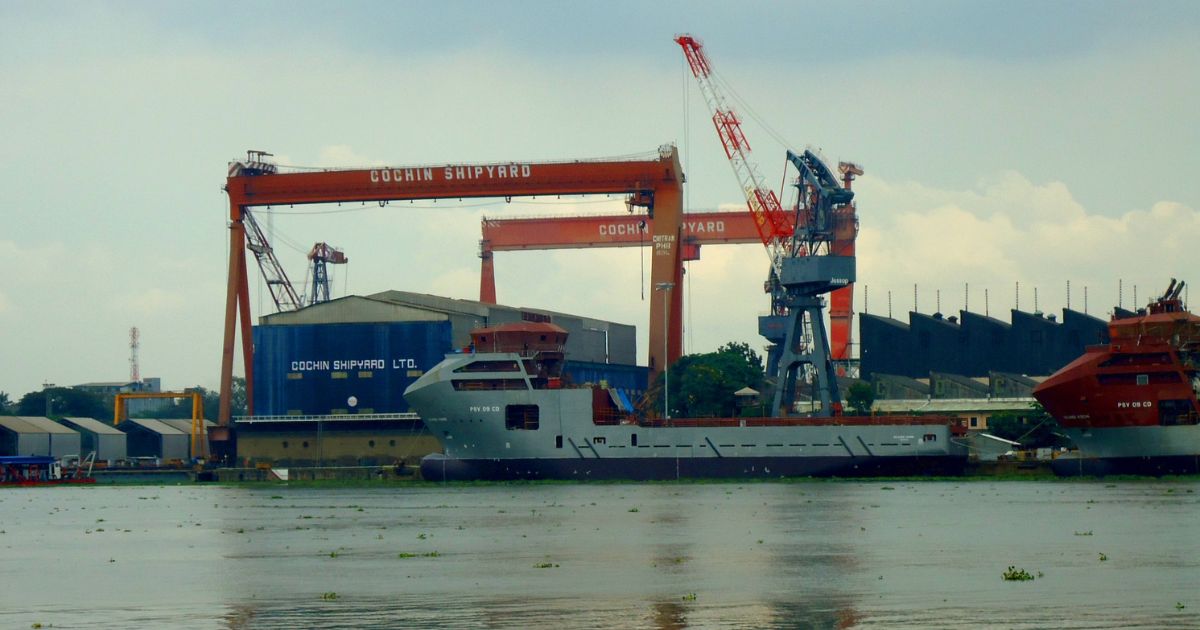Govt to provide financial incentives to local shipbuilders
17 Dec 2023

The government has introduced a scheme to offer financial assistance for Indian shipyards for securing orders from domestic as well as overseas markets and to remain competitive in the market, union minister for ports, shipping and waterways, Sarbananda Sonowal informed the Lok Sabha in a written reply on Friday.
Under the Shipbuilding Financial Assistance Policy (SBFAP), the government will provide financial assistance to Indian shipyards for shipbuilding contracts signed between 1 April 2016 and 31 March 2026, with the rate of financial assistance starting from 20 per cent in 2016 and tapering off to 11 per cent by 2026.
To promote indigenous shipbuilding, the government has granted the ‘right of first refusal’ to Indian shipyards in all kinds of tenders. This will allow local shipbuilders to revise their price quotes and bring them on par with foreign bidders.
The ministry has amended SBFAP guidelines to include the absorption of new technology, which include:
- Wind farm installation vessels and construction of sophisticated dredgers as specialized vessels eligible to get higher financial assistance;
- Financial assistance of 30 per cent for vessels where main propulsion is achieved using green fuels such as methanol/ammonia/hydrogen fuel cells,
- Financial assistance of 20 per cent for vessels with electric means of propulsion or vessels fitted with hybrid propulsion systems.
To promote local industry, the shipping ministry has advised government entities owning and dealing with ships to ensure local content as per the Government of India Public Procurement (Preference to Make in India) Order, 2017.
The government has also mandated that procurement of ships of less than Rs200 crore is required to be from Indian shipyards.
The government has granted infrastructure status to the shipbuilding industry, which enables shipbuilding firms to avail flexible structuring of long-term project loans at lower rates of interest for longer tenure equivalent to the economic life of their assets. They will also be able to issue infrastructure bonds for meeting working capital requirements and get tax benefits for shipbuilding activities.
Meanwhile, the government has released standard tug designs of five variants to be built in India for use by major ports.
It has also issued revised guidelines for evaluating and awarding tenders for new shipbuilding orders floated by government departments or agencies, including public sector undertakings.
The hierarchy of right of first refusal to be followed for all kind of tender have been revised to include vessels that are:
- Indian-built, Indian-flagged, and Indian owned;
- Indian built, Indian flagged, and Indian IFSCA owned;
- Foreign-built, Indian-flagged, and Indian owned;
- Foreign built, Indian flagged, and Indian IFSCA owned; and
- Indian-built, foreign-flagged, and foreign-owned vessels.




















